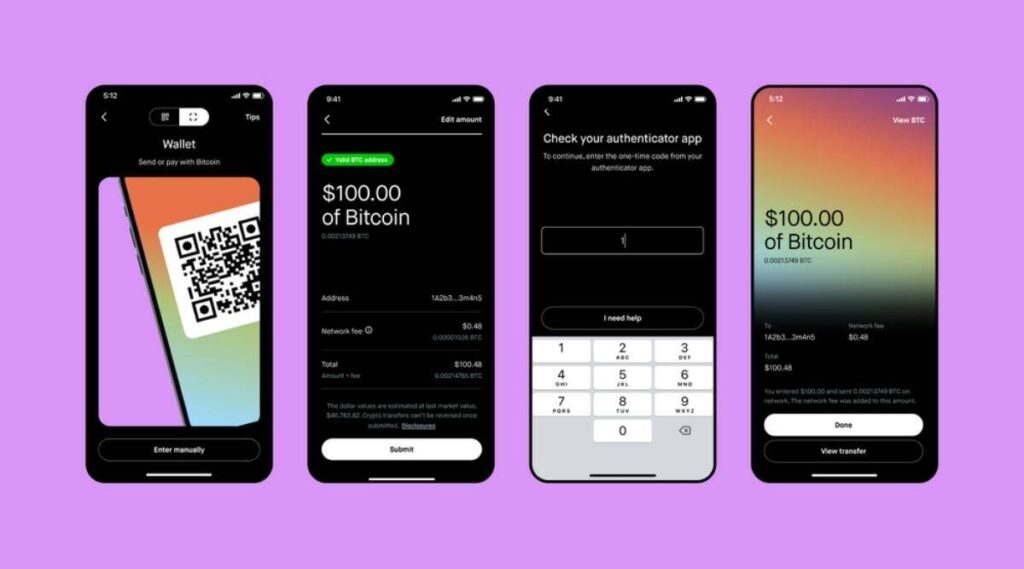Robinhood CEO Vladmir Tenev outlines how Dogecoin could truly become the future currency of the internet and the people.
Robinhood CEO Vladimir Tenev is a staunch supporter of cryptocurrency Dogecoin. The CEO of stock and crypto trading app believes that Dogecoin could become the ‘currency of the internet’.
In a thread of 12 tweets posted Thursday, Tenev explains how Dogecoin could truly be the future currency of the internet and the people. Firstly, he notes that the transaction fees to facilitate crypto transaction has to be “vanishingly small”. Tenev believes that Dogecoin is already there. “As of last November’s 1.14.5 update, typical transaction fees have been $0.003— which you can experience on compared to the 1 to 3 per cent network fees that major card networks charge,” he said in a tweet.
The Robinhood CEO also shed light on the block time of Dogecoin transactions. Block time is the time required by the miners to mine a block and to verify a transaction. “Block time should be fast enough that the transaction can be recorded in the next block in less time than it takes to pay at a point of sale terminal. But it shouldn’t be so fast that miners start building up too many competing chains and waste excessive amounts of energy establishing consensus,” he pointed out.
Currently, Doge’s block time is 1 minute. Tenev is opined that it is a bit on the long side for payments – “a ten second block time would be more appropriate as it would be less than the typical time spent completing a debit card transaction,” he adds.
Tenev also drew comparison between Dogecoin and Visa transaction speeds. He highlighted that with a 1MB block size and 1 minute block time, Dogecoin’s throughput is about 40 transactions per second (tps). As a comparison, Visa’s network can theoretically handle 65,000 tps. “Doge would need to be able to significantly outperform Visa, which entails increasing throughput by at least 10000x. Fortunately, this is easy to solve simply by increasing the block size limit,” he explained.
Clearing air on criticism of Doge that it’s inflationary and the supply is infinite, as opposed to Bitcoin’s finite supply of 21 million coins, Tenev responded: “5 billion new Doge are created every year, and the current supply is about 132 billion. This results in a current inflation rate of less than 5 per cent – less than USD!”
In other news, Robinhood announced that customers can now buy and sell four additional cryptocurrencies through its app and website— namely Compound (COMP), Polygon (MATIC), Solana (SOL) and Shiba Inu (SHIB). Currently, there are 20 cryptocurrencies available to trade on Robinhood app including Bitcoin, Ethereum, Litecoin, Dogecoin, Ripple, Stellar, Monero, etc.

Source: indianexpress.com

